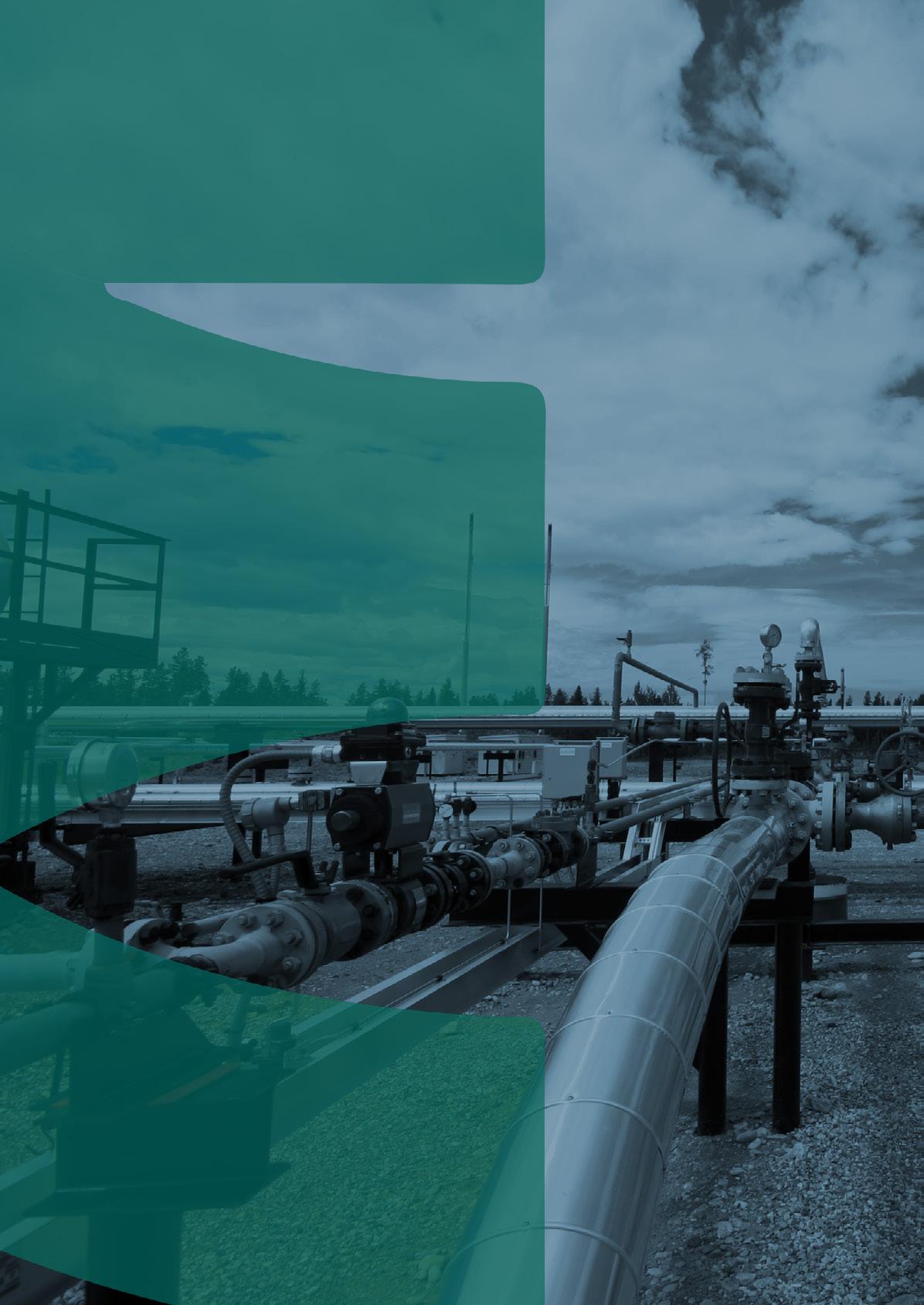
11 minute read
E3 Metals Corp
E3 METALS
Advertisement
E3 METALS

When future generations look back at the current era of societal development, they will likely view the COVID-19 pandemic as a human tragedy first and foremost, but also as ‘the great accelerator’ of various economic forces and social trends, the most important of which being the global green energy transition. The decarbonisation of transport is one aspect of this process that was solidified in a COVIDdominated 2020, as auto manufacturers made increased commitments to electrifying their fleets and governments in key markets legislated aggressive pro-electric vehicle (EV) policies. The combination of improving conditions for EVs, attempts to secure high quality supply of critical minerals and the solidification of the lithiumion and lithium batteries for mobile electrification has provided the perfect springboard for E3 Metals to catapult itself into North America’s battery metals/ EV supply chain with its unique lithium brine project in Alberta, Canada.
E3 Metals’ goal is to support the global EV revolution by producing battery grade lithium hydroxide using a novel processing technique that is set to revolutionise how lithium concentrate is removed from brine in Alberta and around the world.
Contemporary lithium brine production is dominated by the vast white deposits within Latin America’s lithium triangle, where time consuming and antiquated methods are required to extract the valuable lithium from the dry salt flats.
However, E3 Metals has developed a simple, clean method for generating lithium hydroxide from the prolific Leduc Reservoir in Alberta, where brine is currently being produced to surface through extensive oil and gas development.
Producing a crucial metal for the green energy revolution in a former oilfield is rather poetic and almost a microcosm of the transition taking place in
the global economy, and the local economy at that. With a large-scale resource and gamechanging processing method, E3 Metals is at the vanguard of the transition.
The Alberta advantage
Lithium production in Alberta operates similarly to the way hydrocarbon production operates, by moving fluids from the aquifer to extract the commodity. This process has been in place since the first discovery of ‘black gold’ in the 1940s, thus kicking off the oil rush in Alberta.
This boom created a mature industry in the province whereby expertise, social licence, infrastructure, permitting and skilled labour already exist and can be transferred to a lithium project with ease.
“In Alberta, the majority of industry is hydrocarbonbased and the surrounding infrastructure is built to support those hydrocarbonbased businesses,” explains E3 Metals president, CEO and director Chris Doornbos. “However, decreasing oil prices have had a huge impact on the local economy and the Province is looking to diversify.”
Fortunately, the Provincial Government does not have to look far in its quest for diversification. In fact, the answer lies in the lithium brine located below surface in the depleted oil reservoirs of the Leduc Formation. All that is required is for an entity to extract the ‘white gold’ and process it into the valuable end use product. Step forward E3 Metals.
The company is advancing a significant lithium resource by producing in the same manner as the established local industry. The key difference is that E3 Metals deploys its own proprietary direct lithium extraction (DLE) technology that will extract the lithium

“The PEA outlined a 20,000 tonnes per year lithium hydroxide operation for 20 years, and that is just a very small snapshot of what this aquifer can deliver. The initial project will deliver an aftertax NPV of US$820 million and bottom quartile operating costs at around $3,656 per tonne” Chris Doornbos, E3 Metals president and CEO
from the brine waters in Alberta and produce lithium hydroxide.
E3’s proprietary technology enables them to concentrate and purify in a single step, leading to a much simpler and cleaner product. As a result, it can be sold directly to battery manufacturers and original equipment manufacturers (OEMs) in North America’s growing EV sector, where the value of a local and low carbon footprint source of high purity lithium hydroxide would provide huge incentives to deal-making. Being in the heart of a mature and sophisticated oil industry brings myriad benefits to E3 Metals, including a preexisting regulatory framework for natural resource development, an industryfriendly government keen to diversify and access to an underutilised workforce, along with a high-quality selection of service companies.
“All of the expertise we need to build the Clearwater Project is here locally. Resource development has welldeveloped social licence in the area and a permitting process that routinely approves activities similar to E3’s.

Through the relationships and foundational groundwork laid out so far, our project has been significantly de-risked as we continue to pave the path toward to production.”
A globally significant resource
The flagship Clearwater Project is currently comprised of a 7.0 million tonnes lithium carbonate equivalent (LCE) inferred mineral resource – making it approximately the seventh largest lithium resource in the world right now – with the potential to take a larger global position as the resource is open for expansion.
In November 2020, E3 Metals published its preliminary economic assessment (PEA) for the Clearwater resource. The thorough study was based on extensive data on the Leduc aquifer, which was first discovered in 1947 by ExxonMobil.
“The PEA outlined a 20,000 tonnes per year lithium hydroxide operation for 20 years, and that is just a very small snapshot of what this aquifer can deliver. The initial project will deliver an aftertax NPV of US$820 million and bottom quartile operating costs at around $3,656 per tonne,” says Doornbos.
“The low opex estimate is important for us to remain resilient with price fluctuations, but it also helps us generate a lot of revenue from the project,” he adds. E3 Metals believes that the Clearwater Project can scale up from the initial 20,000 tonnes per year to 50,000 tonnes with relative ease for
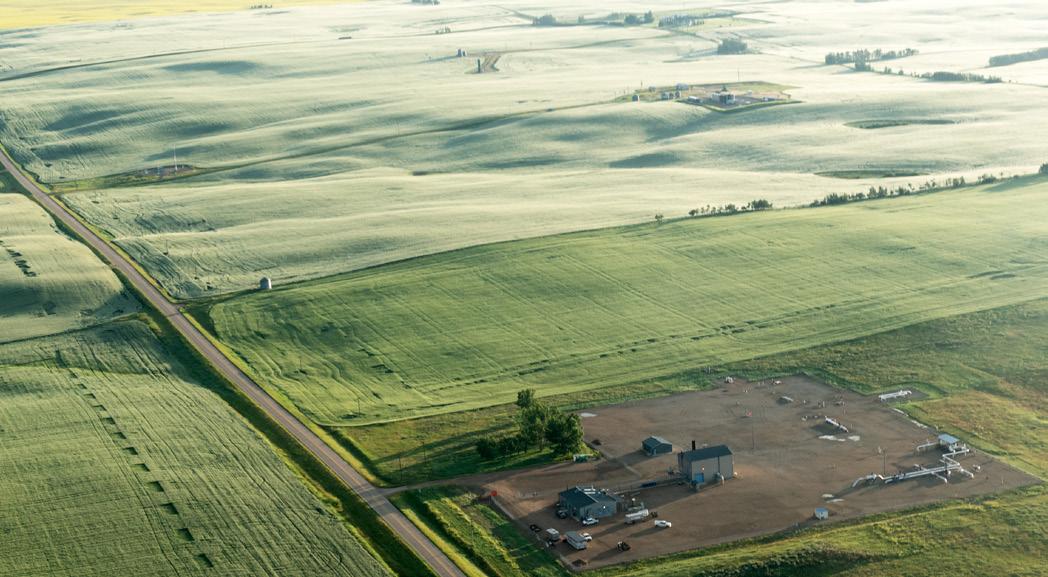
a 35-year total mine life at the expanded production rate
The expansion plans don’t end there. E3 Metals also owns a time, though, we are staying focused on delivering 20,000 tonnes by 2024 and will grow our production base from there.”
E3 METALS
AT A GLANCE

STOCK TICKER
TSXV:ETMC, FSE:OU7A, OTC: EEMMF
MARKET CAPITALISATION
US$75 million (as of January 29, 2021) a j
two other project areas (Rocky and Exshaw) in the Leduc Reservoir that both hold the potential for 50,000 tonnes of production each. This would equate to 150,000 tonnes over a 35-year period, according to Doornbos.
“Those are just the resources we are developing. We also have land that we haven’t worked on. There is significant expansion potential that few other lithium projects can match. The company’s goal is to become a major supplier of lithium hydroxide to a rapidly expanding market. One step at
Developing DLE
Doornbos is cognisant of the need to demonstrate a working process flowsheet for producing battery grade lithium hydroxide on a commercial scale. E3 Metals first produced lithium hydroxide from the Leduc brine in May 2019, using its DLE process that was developed in partnership
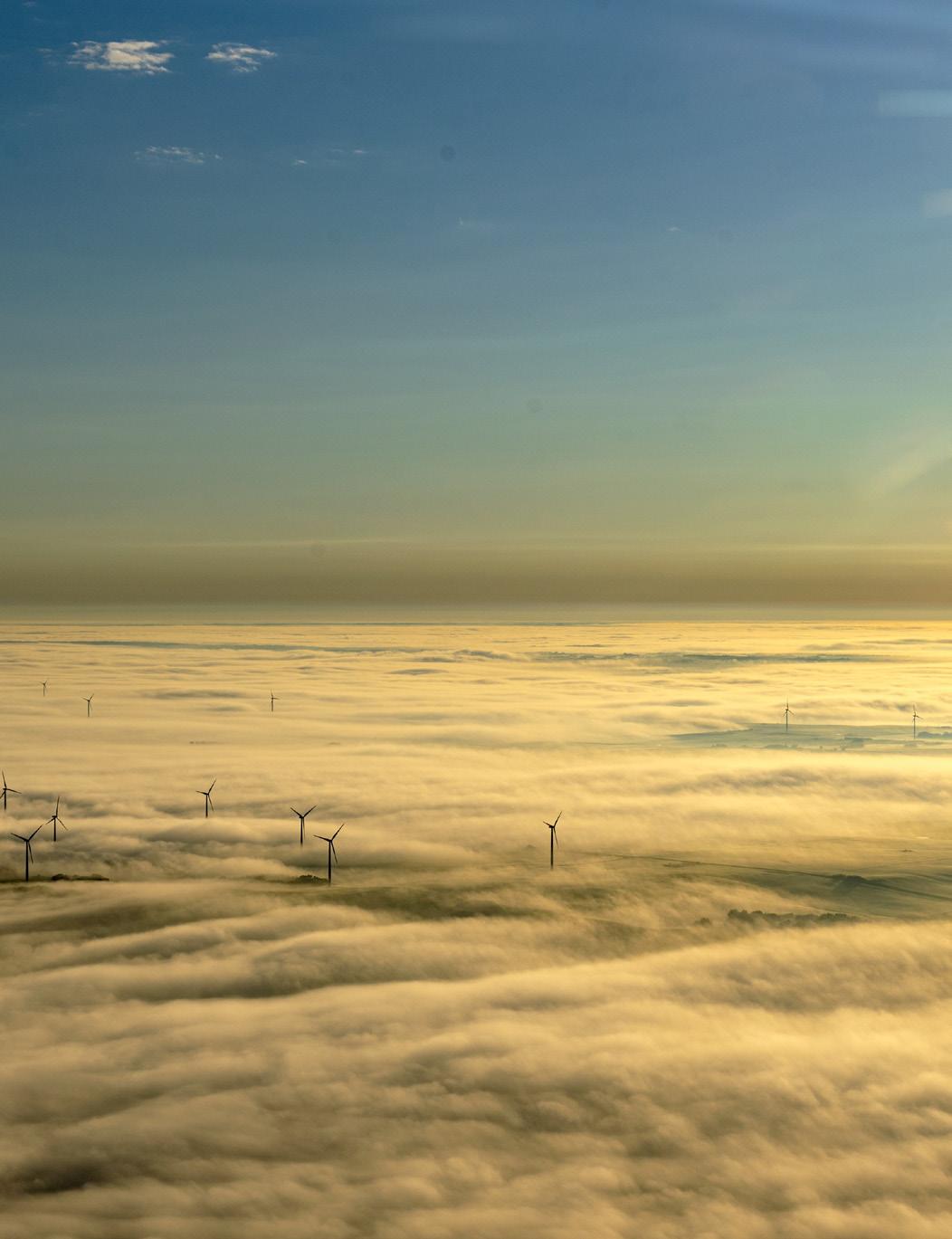
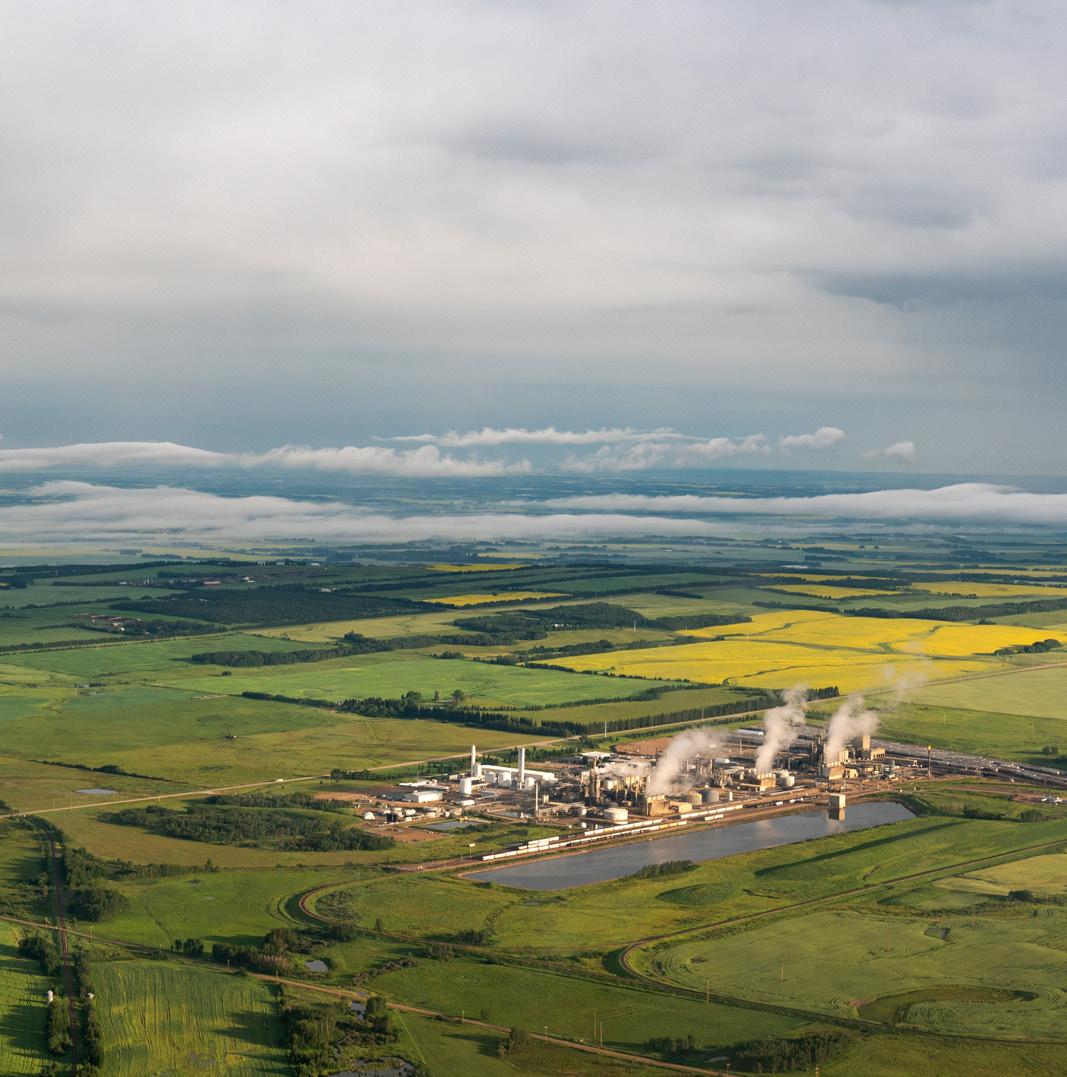
with world-leading chemical manufacturer Livent.
Consistent lab testing using the in-house DLE technology has shown that E3 Metals can quickly and efficiently remove lithium from the brine without the need for evaporation ponds, to produce a high purity lithium concentrate that can be processed using conventional methods into high value lithium products.
“We’re one of the few DLE technology development companies that also owns its
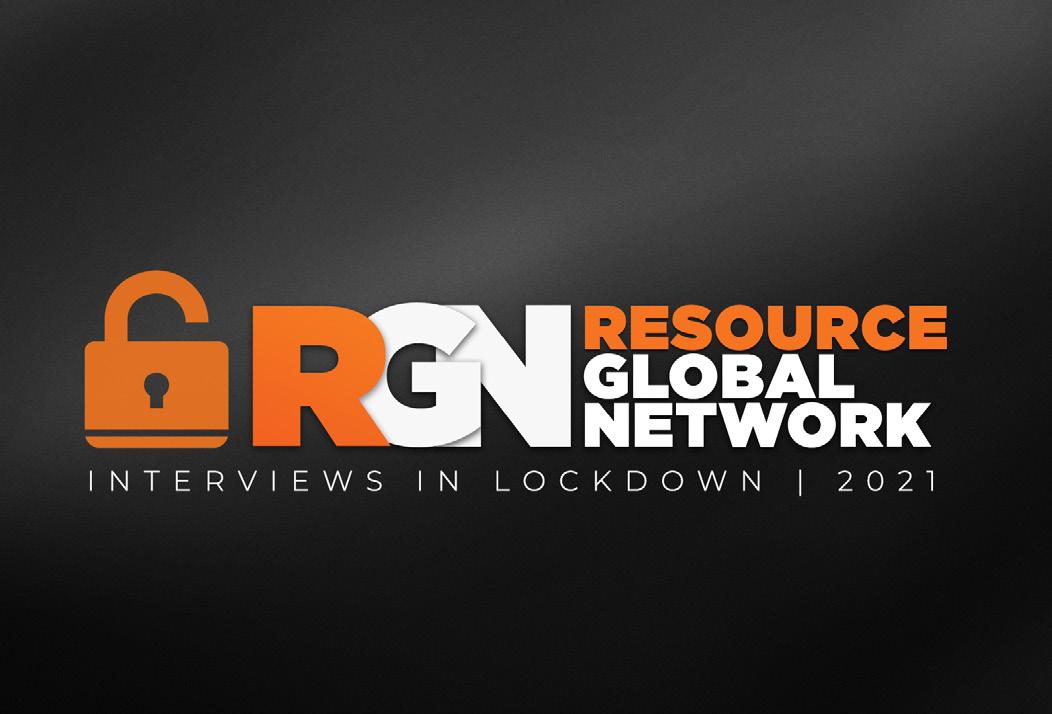
Chris Doornbos, E3 Metals president and CEO
own resource, so we do not have to shop for projects to deploy the technology. The goal for us is to produce our own lithium hydroxide with our own technology, and that is what DLE gives us. It’s a big piece of what we’ve done; having it 100%-owned by E3 brings a lot of value to the company.”
In comparison to pre-existing lithium brine processing methods, DLE offers faster production with higher recoveries (at rates over 90% according to latest testing), no tailings and minimised freshwater usage. In fact, E3 Metals’ technology allows it to return brine to the reservoir, creating an environmentally friendly closed loop system.
“We also have the ability to go net-zero carbon emissions, not consume fresh water and not generate any tailings. Our project will also use only 3% of the land area compared to conventional evaporation projects or mining operations.”
The company plans to produce an independent life cycle analysis (LCA) within the next 12 months that will outline a clear ESG strategy. For example: “By operating a gas-fired power plant, we can capture the CO2 from the exhaust gas and dispose of it in the waste stream going back into the aquifer.
CHRIS DOORNBOS, E3 METALS PRESIDENT AND CEO This is a process that has been perfected in Alberta,” Doornbos proclaims.
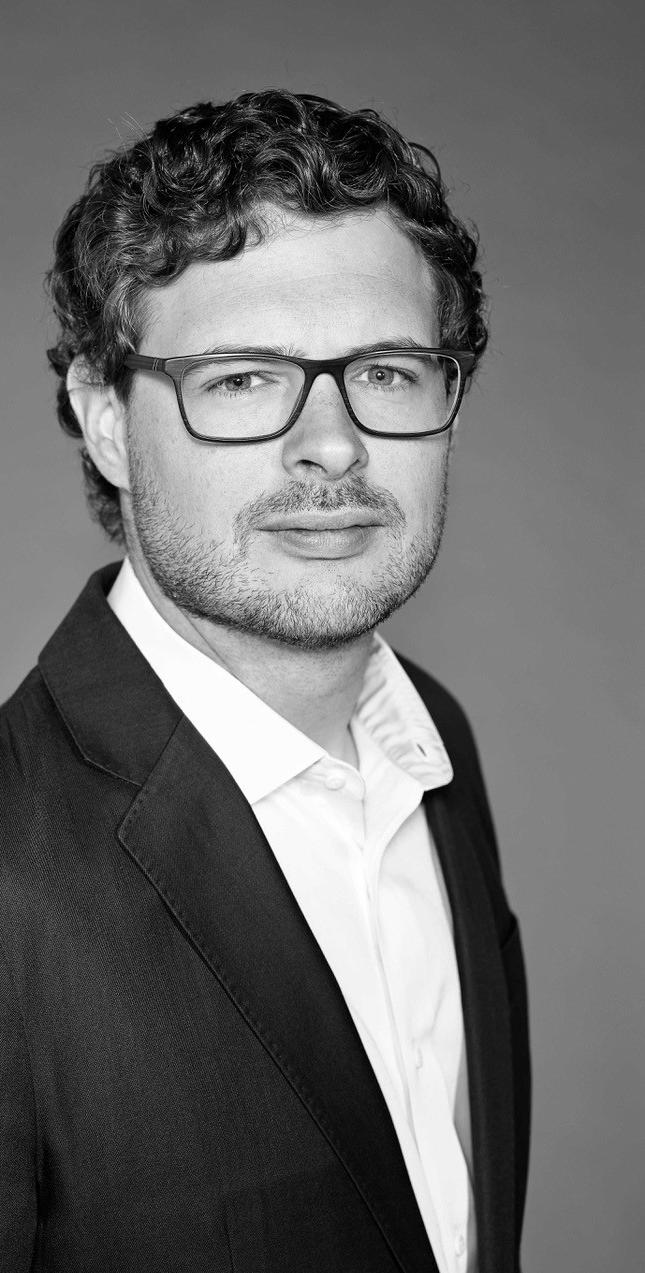
2021 and beyond
As we enter the last week of January 2021, E3 Metals is about to cut the ribbon on its pilot development facility in Calgary. This is a huge step towards demonstrating a scaled down but commercially viable model of what the company can deliver. The company’s goal is to have a prototype running by around mid-year.
The benefits for this will be two-fold, firstly to form the design basis for the field pilot, aimed to be under construction during the second half of 2021. Secondly, the company plans to use this prototype to test other brines to develop a potential new project pipeline.
As E3 Metals arches towards a pre-feasibility study for the Clearwater Project, a smaller ticket item will be to
upgrade the current resource to measured and indicated. Without the need to conduct any further drilling on the Leduc Reservoir, the resource upgrade should be achievable at a fairly minimal expense, Doornbos says.
However, the key goal for 2021 will be for E3 Metals to finalise its flowsheet development and start producing lithium hydroxide on a regular basis from the concentrate it makes every day in the lab.
“That will be a big moment for the company. We have made hydroxide before but producing it at the scale we want to this year means we can start shipping it to potential clients and customers in the battery manufacturing space.
“It will be a significant step for E3 when we start to have players in the battery industry evaluating our product and considering us as a potential supplier. We believe our goal of having a net-zero carbon emissions lithium product will generate a lot of interest with a battery manufacturer.”
Doornbos adds: “We are contemplating our options to bring in the right strategic partner that would assist E3 in taking this project to the next level. We want to work with a group that shares the same vision for the Clearwater Project and can help put this project into production successfully.”
Having gone through the hard yards at the project over the last four years, E3 Metals is aiming to bring the initial Clearwater production online in the mid-2020s, and the timing of market entrance couldn’t be better according to Doornbos.
“All the latest projections suggest that EV demand will steadily pick up as we reach price parity for EVs on a mass market basis, and they are expecting this will happen around 2024-25. At that point you should start to see demand for lithium hydroxide move very strongly. This is the perfect time to be bringing our production on stream.
“Supply does not move as quickly as demand can move, so that generates a strong market for our product and we are well timed and positioned for our project to get into production. We believe this will allow the company to secure attractive contracts for our initial production. E3 Metals will then look to expand production to meet market demand as it rapidly accelerates across the globe.”
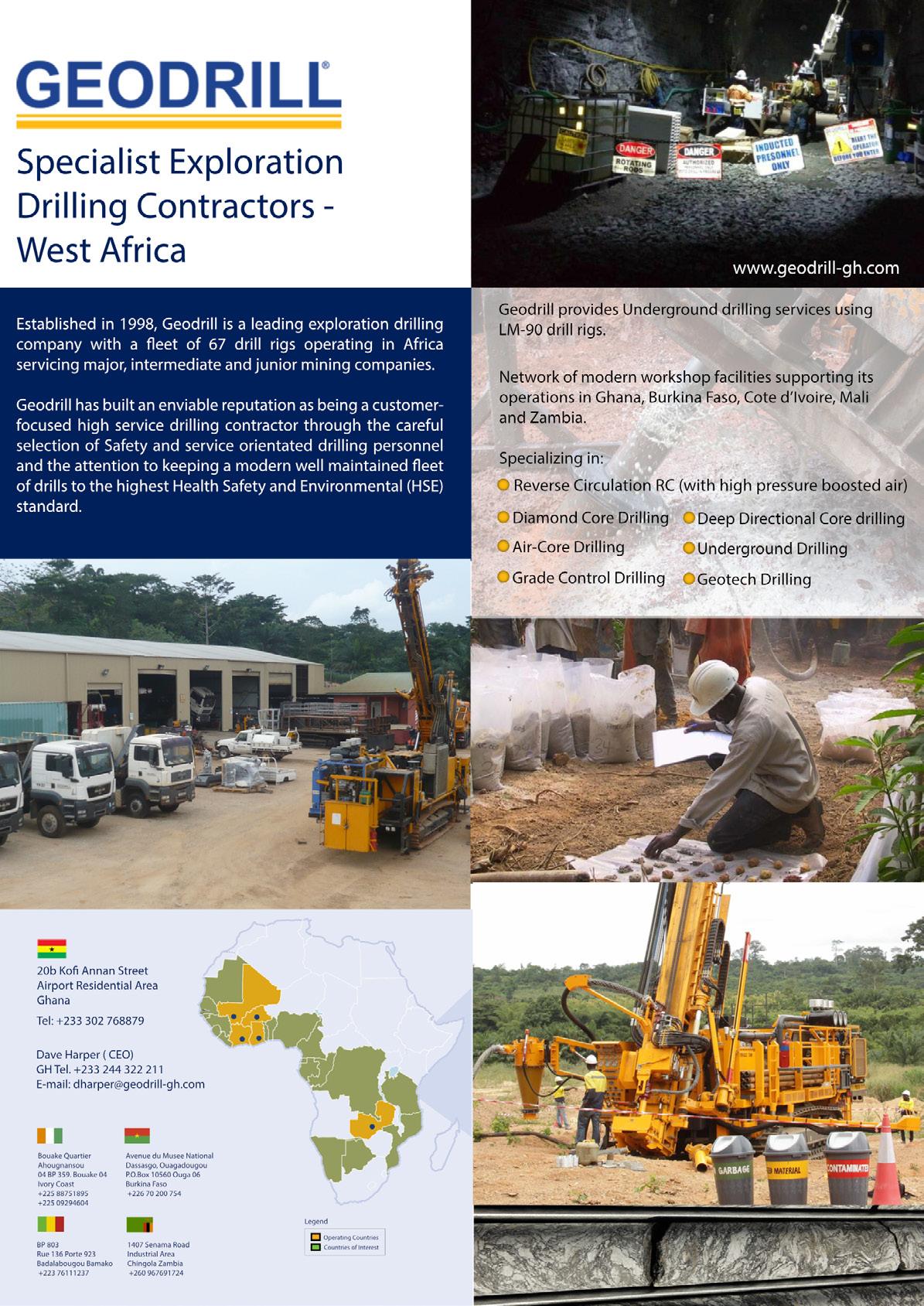

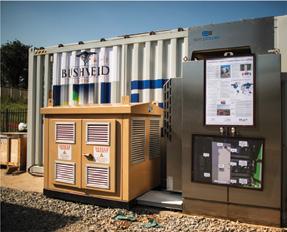
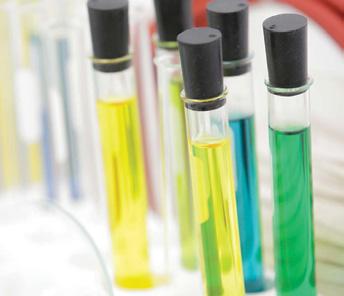
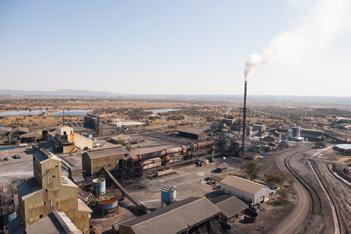
Bushveld Minerals’ vision is to grow into a significant, low cost and vertically integrated company comprising of primary vanadium production, electrolyte manufacturing, development and deployment of Vanadium Redox Flow Batteries in the energy markets. Our value proposition includes:

• Compelling commodity market anchored to steel with burgeoning demand from energy storage market • Largest primary vanadium resource base of ~550Mt with a grade 1.58-2.02% V₂O₅ in magnetite • Bushveld Minerals owns 2 of the 4 operating primary vanadium production processing facilities, with capacity to scale up production significantly • Bushveld Minerals will offer a diversfied product offering for the steel, chemical industry and energy storage market • Bushveld Minerals vertical integration strategy into energy storage provides a natural hedge to vanadium price volatility as well as a diversified revenue stream
5 Harries Road, Illovo Edge Office Park 2nd Floor, Johannesburg, Gauteng 2196 | info@bushveldminerals.com | www.bushveldminerals.com




